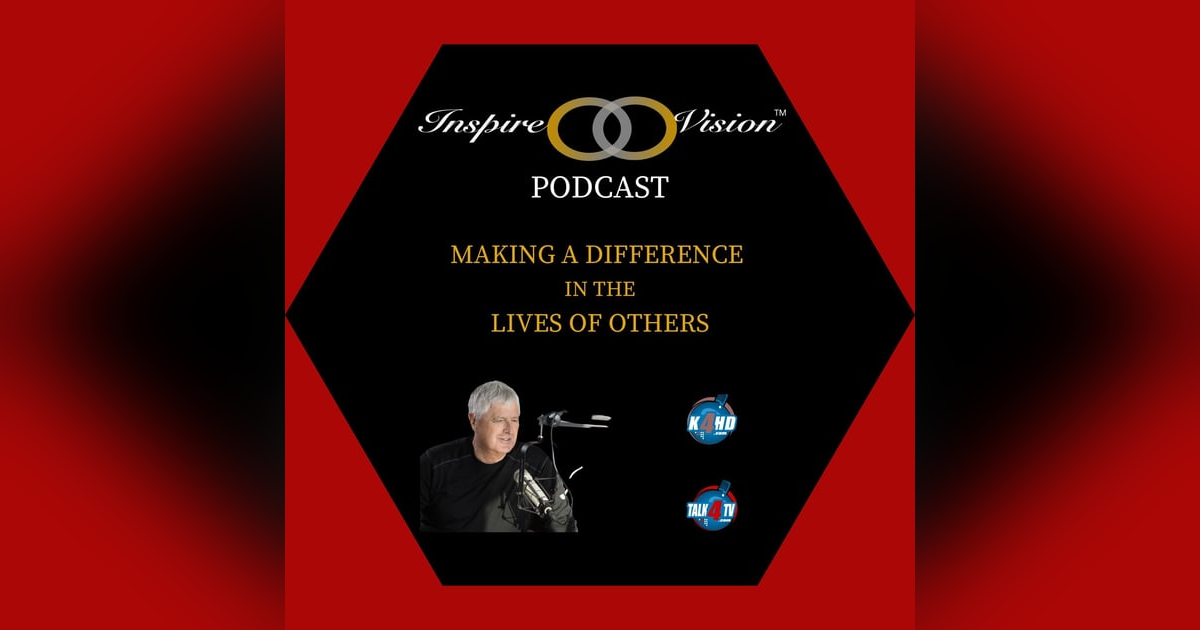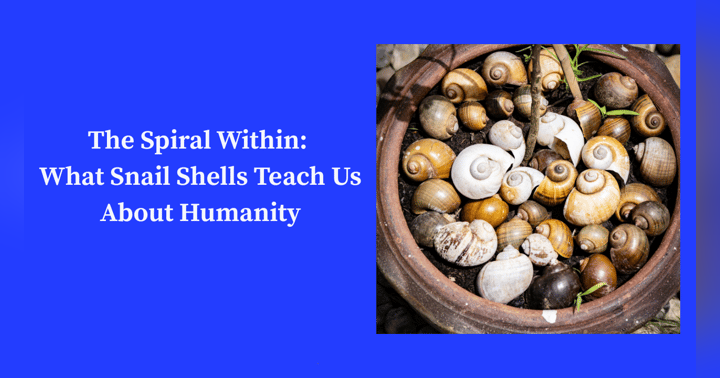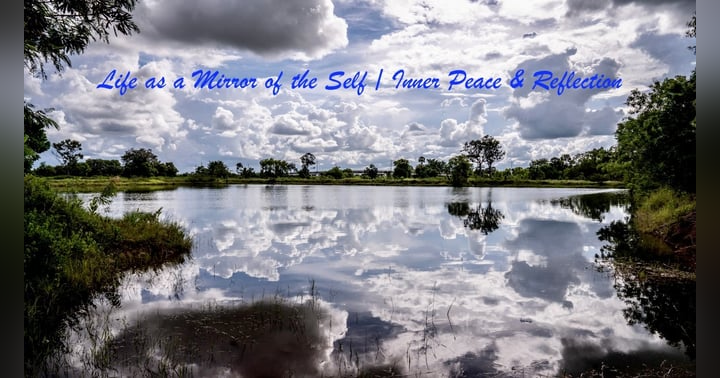The Fascinating Intersection of Past Lives, DNA Memory and the Collective Unconscious.

The concept of past lives has fascinated humanity for centuries. Reincarnation, the idea that our souls are reborn into new bodies after death, is a cornerstone of many religious and spiritual traditions. But in recent years, scientific advances in genetics and the study of DNA memory have added a new dimension to this ancient idea. Could it be that the memories and experiences of our ancestors are encoded in our DNA, influencing our behaviors, fears, and even our sense of identity? Moreover, how does Carl Jung’s theory of the collective unconscious intersect with these concepts, providing a deeper understanding of our shared human experience?
The Ancient Roots of Reincarnation
Reincarnation is a belief shared by various cultures and religions, from Hinduism and Buddhism to ancient Greek philosophy. The core idea is that the soul or essence of a person transcends their physical body, undergoing a cycle of death and rebirth. This cycle continues until the soul achieves a state of enlightenment or liberation.
While these beliefs have traditionally been rooted in spirituality, the notion that our ancestors’ experiences can be transmitted across generations has recently garnered attention from a scientific perspective.
DNA Memory: A Brief Overview
DNA is often described as the blueprint of life, containing the genetic instructions necessary for the development, functioning, and reproduction of all known living organisms. However, researchers are discovering that DNA may also carry memories of our ancestors’ experiences. This field of study, known as epigenetics, explores how environmental factors can alter gene expression without changing the DNA sequence itself.
Epigenetic changes can be caused by a variety of factors, including diet, stress, and trauma. These changes can then be passed down through generations, potentially influencing the behavior, memory and health of descendants.
The Evidence for DNA Memory
Several studies have highlighted the potential for DNA to carry ancestral memories. For example, research on the descendants of Holocaust survivors has shown that they exhibit higher levels of stress and anxiety, possibly due to the traumatic experiences of their forebears. Similarly, studies on mice have demonstrated that traumatic experiences can result in changes to DNA that affect subsequent generations.
These findings suggest that the lives of our ancestors, particularly their traumatic experiences, can leave a biological imprint on us. This imprint may manifest as predispositions to certain behaviors or emotional responses, effectively linking us to the lives of those who came before us.
Carl Jung’s Collective Unconscious
Carl Jung, a pioneering Swiss psychiatrist and psychoanalyst, introduced the concept of the collective unconscious—a part of the unconscious mind that is shared among all human beings. According to Jung, this collective unconscious comprises archetypes and universal symbols that arise from the shared experiences of our species.
Jung believed that the collective unconscious transcends individual experiences and connects all humans through a common psychological heritage. This theory resonates with the idea of DNA memory, as both suggest that we carry a legacy of past experiences that shape our thoughts, memory, behaviors, and emotions.
Bridging the Gap: Past Lives, DNA Memory, and the Collective Unconscious
The idea that our ancestors’ experiences can influence us through DNA memory offers a compelling bridge between the spiritual concept of past lives and the scientific study of genetics. Jung’s collective unconscious adds another layer, proposing that we are connected not just to our direct ancestors but to the entirety of human history.
Consider the possibility that certain phobias, inexplicable fears, or even talents are not merely random but are inherited from our ancestors or stem from the collective human experience. A fear of heights, for example, could be linked to an ancestor who suffered a traumatic fall or to an archetypal fear embedded in the collective unconscious.
The Implications of DNA Memory and the Collective Unconscious
Understanding the role of DNA memory and the collective unconscious in shaping our behaviors and predispositions has profound implications. It challenges the notion of individuality, suggesting that we are, to some extent, a composite of our ancestors’ experiences and a part of the broader human psyche. This perspective can foster a deeper sense of connection to our heritage and a greater appreciation for the lives of those who came before us.
Moreover, it underscores the importance of addressing and healing trauma, not just for our own well-being but for future generations. By recognizing the impact of ancestral experiences and the collective unconscious, we can take steps to break cycles of trauma and promote a healthier legacy for our descendants, as well as achieve a better life experience for ourselves.
Consider that the goal of the reincarnation theory is to achieve that state of enlightenment and liberation through multiple lives. By becoming aware of those past DNA memories that might be affecting our behavior and lives, and removing their effects in and on our present life, might it be possible to achieve the same goal of enlightenment and liberation during this lifetime? Is it possible that the perception of multiple lives is in fact the combination of DNA memory and the collective Unconscious?
Conclusion
The intersection of past lives, DNA memory, and Carl Jung’s collective unconscious offers a fascinating lens through which to view our existence. While reincarnation remains a matter of faith and belief, the scientific exploration of DNA memory and the psychological insights from Jung provide tangible links to our ancestral past and the shared human experience. Together, these perspectives enrich our understanding of who we are and how the lives of our ancestors continue to shape us. As research in genetics, epigenetics, and psychology progresses, we may uncover even more profound connections between our present selves and the lives that preceded us, weaving a complex tapestry of existence that spans generations and unites us all.
For more information on the scientific studies discussed, you can explore sources like Nature’s article on the effects of trauma across generations , and Harvard’s discussion on the implications of epigenetics.
































